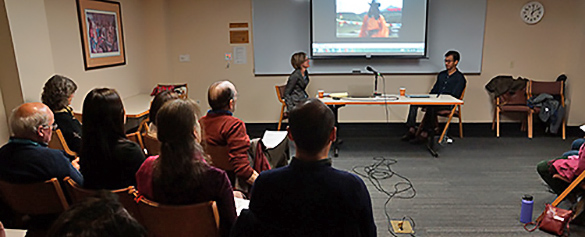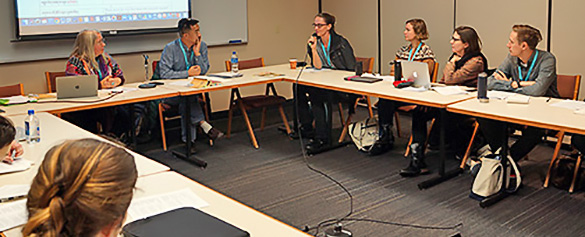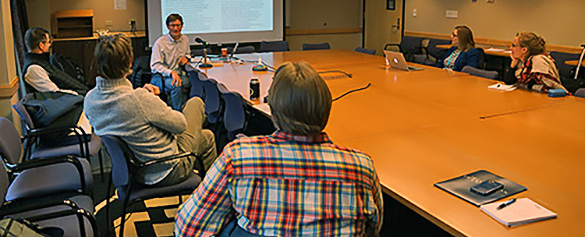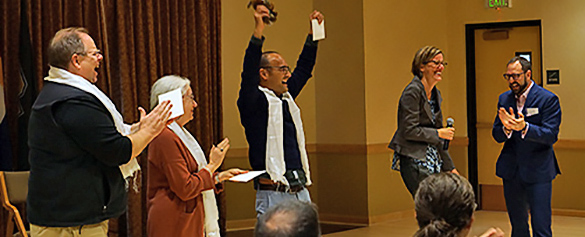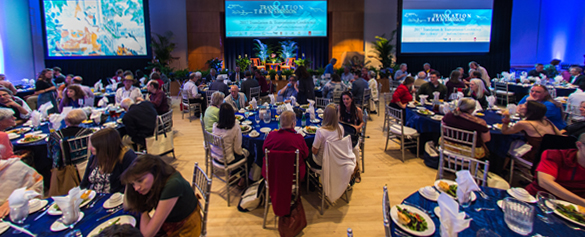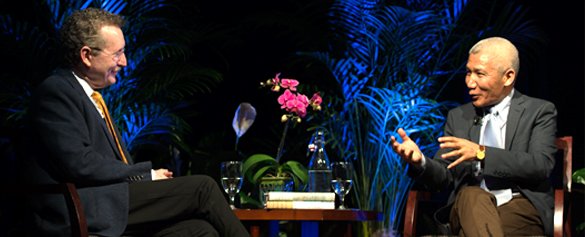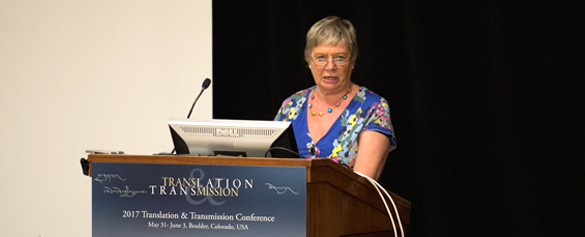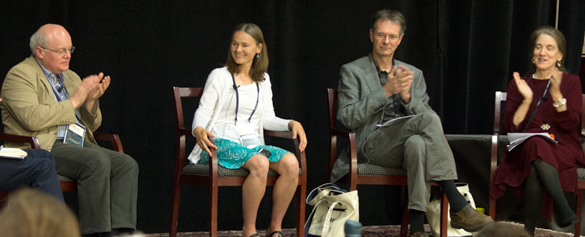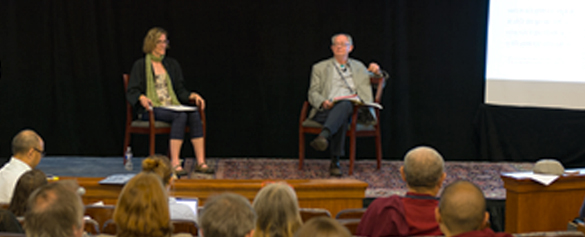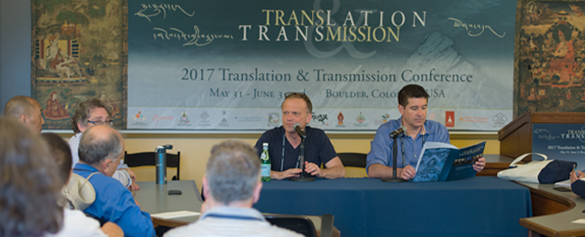Devotion to the Guru, Loyalty to the Nation
Migmar Lama2022-11-16T23:40:45-07:00Riga Shakya, doctoral student in history at Columbia University, looks at the relationship between history and literature and the making of an inner Asian empire, specifically the early Qing expanses into the Tibetan plateau. By considering autobiographies, biographies, and key historical sources of this period, Riga explores the “language of loyalty” and the role of lay elites in articulation of the relationship between empire and subject populations. Holly Gayley (University of Colorado, Boulder) extrapolates on the theme of “language of loyalty”, drawing attention to pop music of the twenty and twenty-first centuries that illustrates embodied acts of devotion through the […]

